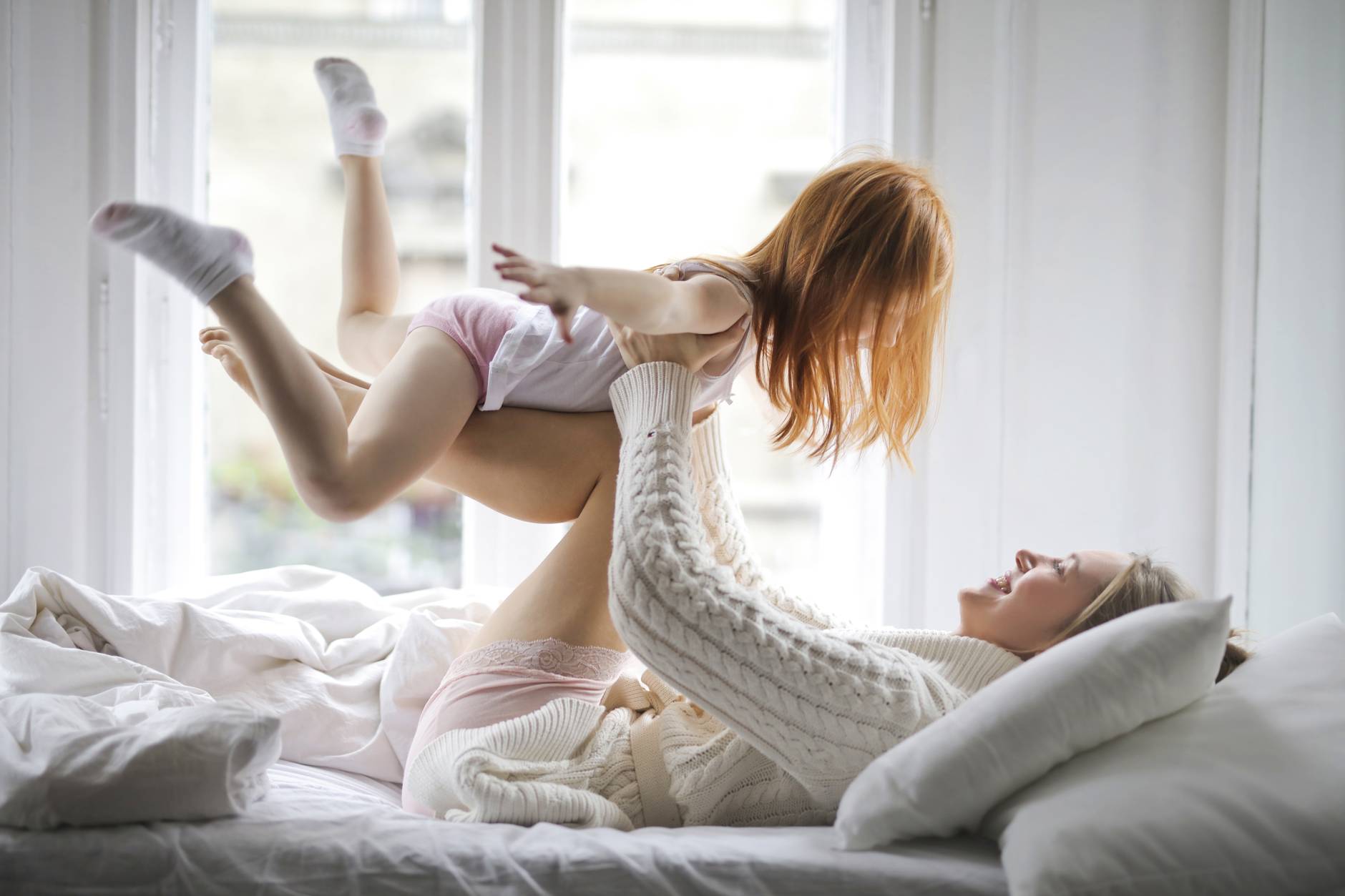
Every culture has its iteration of what it means to be a parent. What is the parent’s job? In Italy many children stay home until they’re married. So, the role of a parent extends far beyond say, in Australia (where I grew up).
Where I grew up, parents can more or less expect that their kids will be out of the home by 18 years old. It’s almost an embarrassment to still be living at home with your parents by the time you’ve graduated from university. Many Australians would prefer to be living with 4 roommates, eating peanut butter sandwiches and cup noodles than to be living with their parents. It got me thinking of what it means to be a parent.
There is no right or wrong approach. Both have their pros and cons. Italians in general are known to place a strong importance on family where you can expect family input and support well into adulthood. And anglophone countries are known to place more importance on individuality, with a looser reliance or focus on family beyond the one you build as an adult.
As a mom, I want to make sure that at about 18 years old (classified as an adult in Australia), my child will be able to live without my constant guidance. I want her to have the ability to be completely independent because there is nothing more encouraging than knowing that you can be. I think that type of freedom brings true fulfilment.
With that in mind, these are a few of the key things I want to teach my child while she’s under my care. In no order.
- Confidence. Respect for self & others. Respect for health.
- Happiness, what it is, how to be happy
- Discipline
- What love is, what it means to be loved
- Growth mindset
- Responsibility & integrity. Sense of responsibility to self, own decisions, for ones actions & words, to a job, to family.
- Social responsibility, community, nature
- The ability to live simply, adaptability, develop empathy
- Mindfulness, what it means to have control over your own mind
- Worldliness, open-mindedness, respect for different cultures
- Basic self-sufficiency. Cooking, cleaning, all that.
A lot of this is intertwined. For example, happiness with responsibility for self and growth mindset all go hand in hand. And a lot of this stuff begins in the subconscious of a child. They start piecing together a puzzle with what they see us do or say repeatedly. And from that they form a sense of self, a sense of the world, how they view everything.
So, while my child (and hopefully, children) are my responsibility, I want to try and make a conscious effort. These are my goals.
Most of the things you see on my site will be something among these topics as I read, ponder, research and parent along.
Related Posts
Stay At Home Mom Daily Schedule – A new way of scheduling
A traditional daily schedule doesn’t work for a stay at home mom with a…
September 1, 2020Helping Children Cope With Moving
I am writing to ask for tips on how to help children cope with moving…
August 25, 2020


KLM | 18th Jul 20
With three kids grown and our last about to turn 18, I’ve come to learn that parenting is a life-long (their lives) calling and responsibility. Just because they’re out of our house doesn’t mean they don’t need us. I really enjoyed reading your post and look forward to more.
amyperry.milan | 18th Jul 20
Thank you! As a daughter myself I totally agree with your point. I was actually thinking how I could use a different phrase than “while she’s under my responsibility” because I feel as a parent she will always be. But then I want her to have the ability to be independent. To basically function well without me. I’ve met people well into their 30s who cannot function without their parents. Although it gives their parents a sense of being “needed” it also comes with fear, and seems essentially a huge disservice to their kids. That’s what I’m aiming to avoid! Thanks so much for reading and commenting!